Our Global Think Tank is dedicated to pioneering thought leadership and fostering innovation across a diverse array of critical areas. We have identified ten Fields of Focus that form the cornerstone of our research and policy recommendations, each addressing significant global challenges and opportunities. Each of these fields represents a pillar of our commitment to creating a better, more equitable world. Through rigorous research, collaborative efforts, and innovative thinking, our Global Think Tank aims to drive impactful change and contribute to the global discourse on these vital issues.
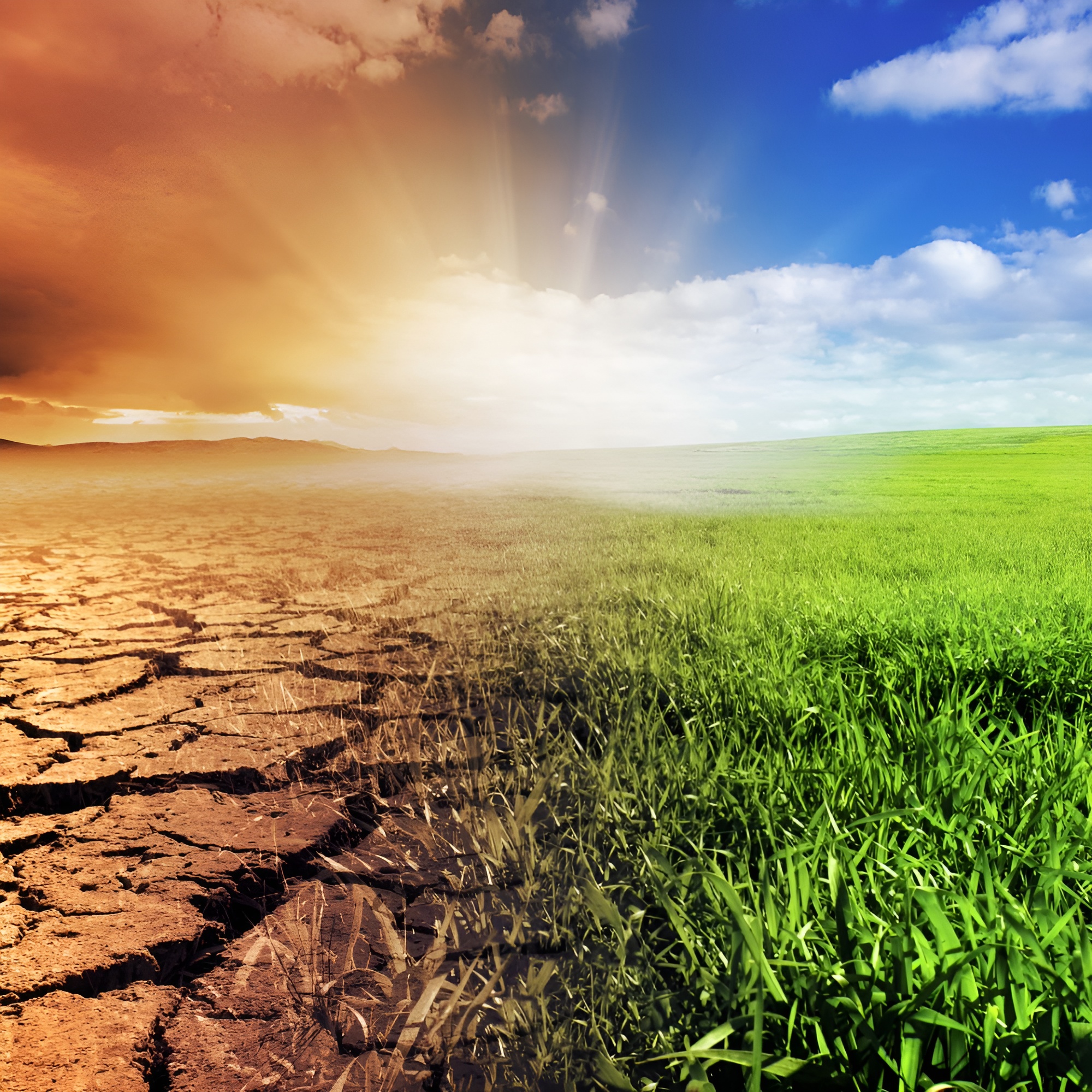
Climate change and sustainability
Addressing the critical interplay between human activity and the environment, this focus area underscores the pressing need to combat climate change while advancing sustainable practices. Research and initiatives delve into strategies for reducing greenhouse gas emissions, preserving biodiversity, implementing renewable energy solutions, and building resilience in the face of environmental challenges.

Geopolitical shifts and global power dynamics
Delving into the evolving landscape of international relations, this area analyses the forces shaping geopolitical dynamics and global power structures. Researchers explore geopolitical tensions, alliances, and conflicts, as well as the influence of emerging powers, regional dynamics, and shifts in political ideologies on global governance and security.

Economic inequality and poverty alleviation
This domain tackles the pervasive issue of economic inequality, focusing on strategies to reduce poverty and foster economic opportunities for marginalised communities. Research endeavors delve into the root causes of inequality, including disparities in income, access to education, healthcare, and resources, while advocating for inclusive economic policies and social safety nets to promote equitable development.

Technological advancements and societal impacts
This area examines the profound impact of technology on society, exploring the opportunities and challenges presented by rapid technological advancements. Research encompasses artificial intelligence, automation, digital transformation, and their implications for employment, privacy, ethics, and social dynamics.

Global health challenges and pandemics
Centered on safeguarding public health on a global scale, this focus area addresses the complex challenges posed by infectious diseases, pandemics, and healthcare disparities. Researchers work to identify and mitigate health risks, strengthen healthcare systems, promote disease prevention and vaccination efforts, and ensure equitable access to healthcare services and resources worldwide.

Conflict resolution and peacebuilding efforts
This field concentrates on fostering peace and resolving conflicts through diplomatic, humanitarian, and peacebuilding initiatives. Researchers analyse the root causes of conflicts, explore strategies for mediation and reconciliation, support peace negotiations, and promote sustainable peacebuilding processes that address underlying grievances and promote social cohesion and justice.

Cybersecurity and digital privacy issues
In an increasingly digitised world, this focus area emphasises the importance of protecting individuals, organisations, and nations from cyber threats while upholding digital privacy rights. Research encompasses cybersecurity measures, encryption technologies, data protection policies, and the ethical implications of surveillance and data collection, aiming to ensure a secure and privacy-respecting digital environment.

Education and skill development in digital age
With rapid technological advancements reshaping the nature of work and learning, this domain explores innovative approaches to education and skill development. Researchers examine strategies for enhancing digital literacy, promoting lifelong learning, expanding access to quality education, and equipping individuals with the skills needed to thrive in a rapidly evolving job market.

Urbanisation and sustainable development
Focusing on the challenges and opportunities of urban growth, this area explores strategies for promoting sustainable development and resilient cities. Researchers address issues such as urban sprawl, transportation infrastructure, affordable housing, environmental sustainability, and inclusive urban planning, aiming to create livable and equitable urban environments for present and future generations.
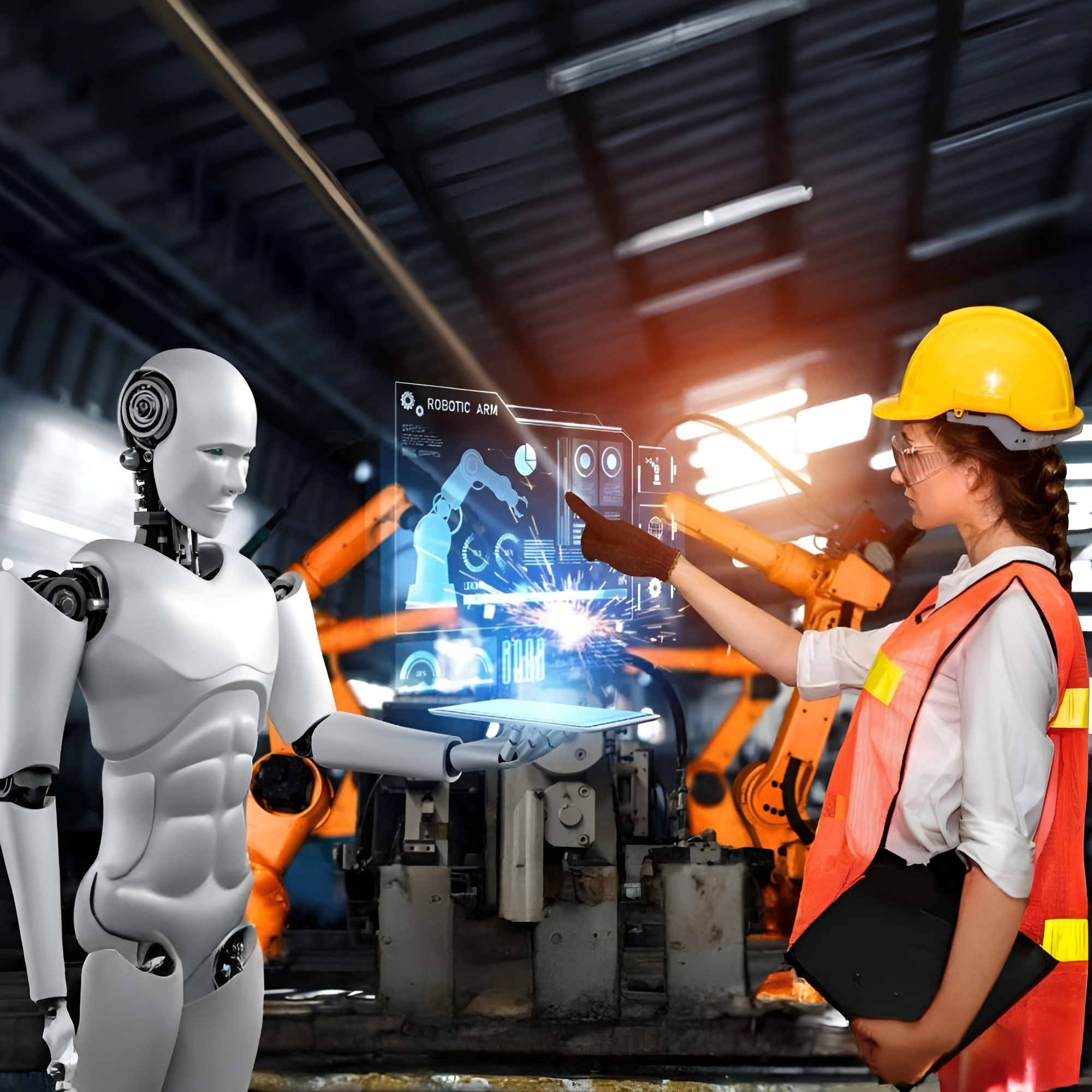
The future of work and automation's impact on job
Examining the transformative effects of automation and technological innovation on the workforce, this focus area explores how advancements in robotics, artificial intelligence, and automation are reshaping the nature of employment. Researchers investigate the potential disruptions to traditional job markets, analyse the skills needed to thrive in the digital economy, and propose strategies for mitigating job displacement while maximising the benefits of automation for productivity and economic growth.
Innovation clusters are areas of intense business activity made up of companies, academic institutions and not-for-profit organisations that boost innovation and growth in a particular industry. They are defined as groups of firms, related economic actors, and institutions that are located near each other and have reached a sufficient scale to develop specialised expertise, services, resources, suppliers and skills. Clusters of Innovations (COI) are global economic hot spots where new technologies germinate at an astounding rate and where pools of capital, expertise, and talent foster the development of new industries and new ways of doing business.
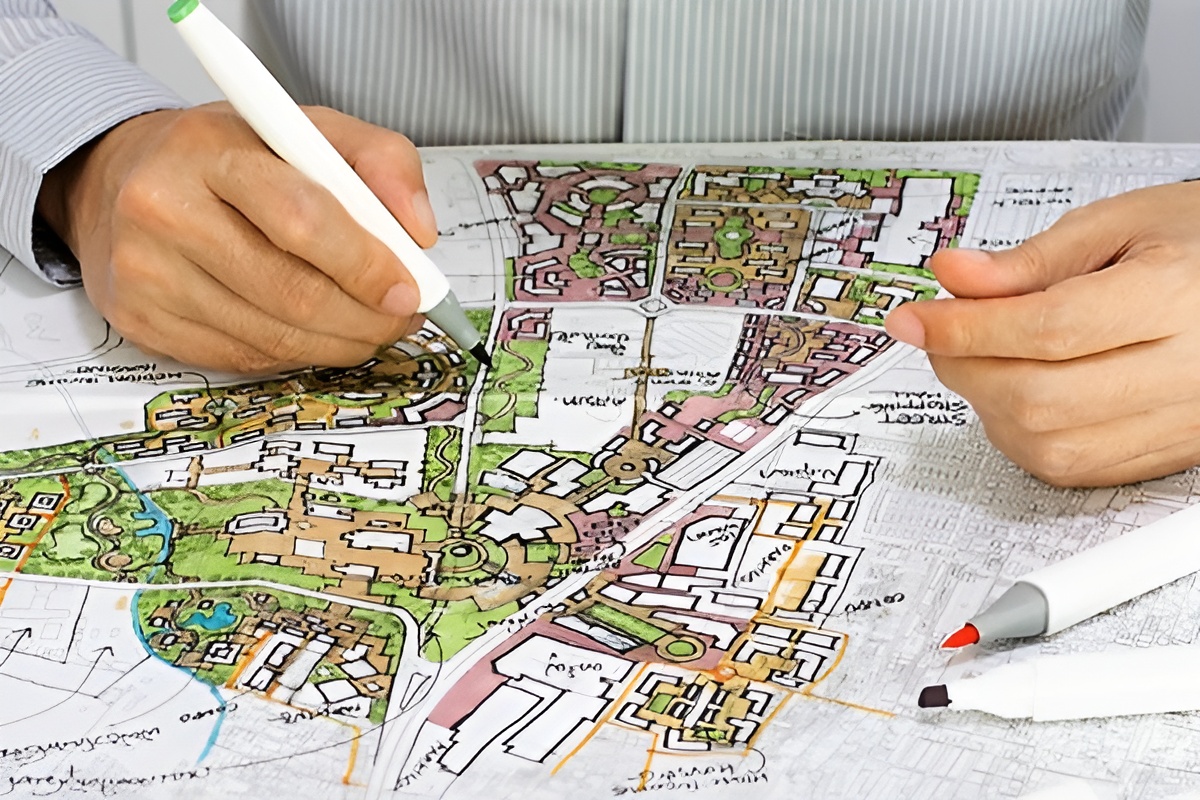
Urban Sustainability Innovation
- Develop integrated urban designs promoting green infrastructure, efficient transportation, and sustainable living.

Renewable Energy Innovation
- Accelerate advancements in solar, wind, hydro, and geothermal energy technologies.
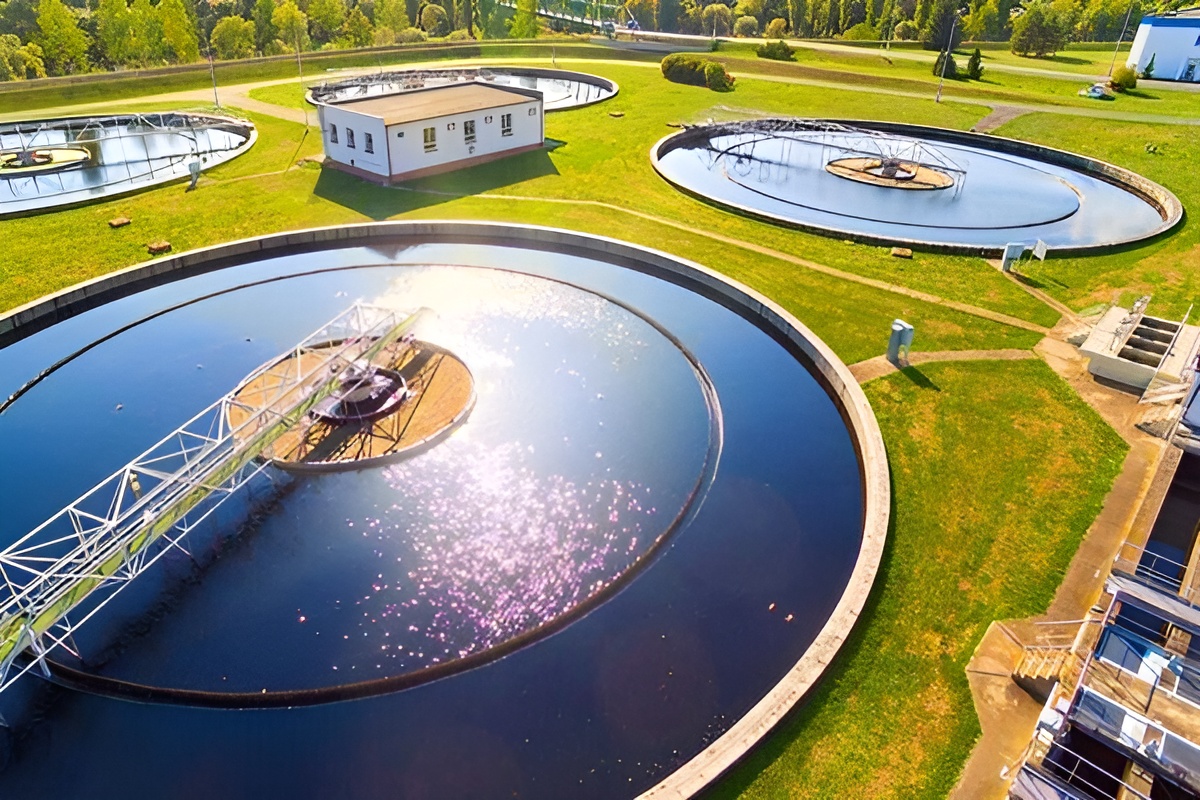
Water Management Innovation
- Innovate in water conservation, stormwater management, and smart irrigation systems.

Air Quality Improvement
- Focus on pollution reduction technologies and clean air solutions.

Digital Government Innovation
- Develop technologies for smart governance, digital public services, and civic engagement platforms.

Community Well-being Innovation
- Enhance community health, education, and safety through smart technologies.
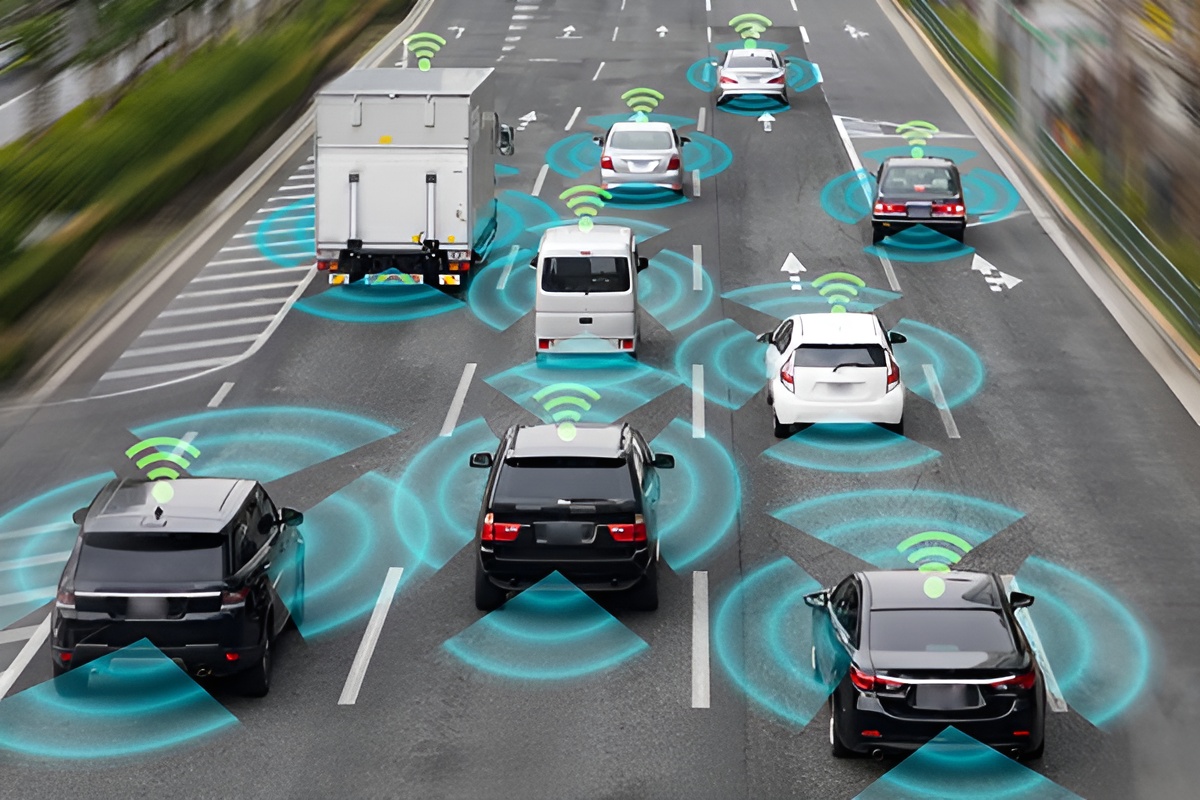
Smart Mobility Innovation
- Advance in electric and autonomous vehicles, smart traffic management, and sustainable urban transit systems.
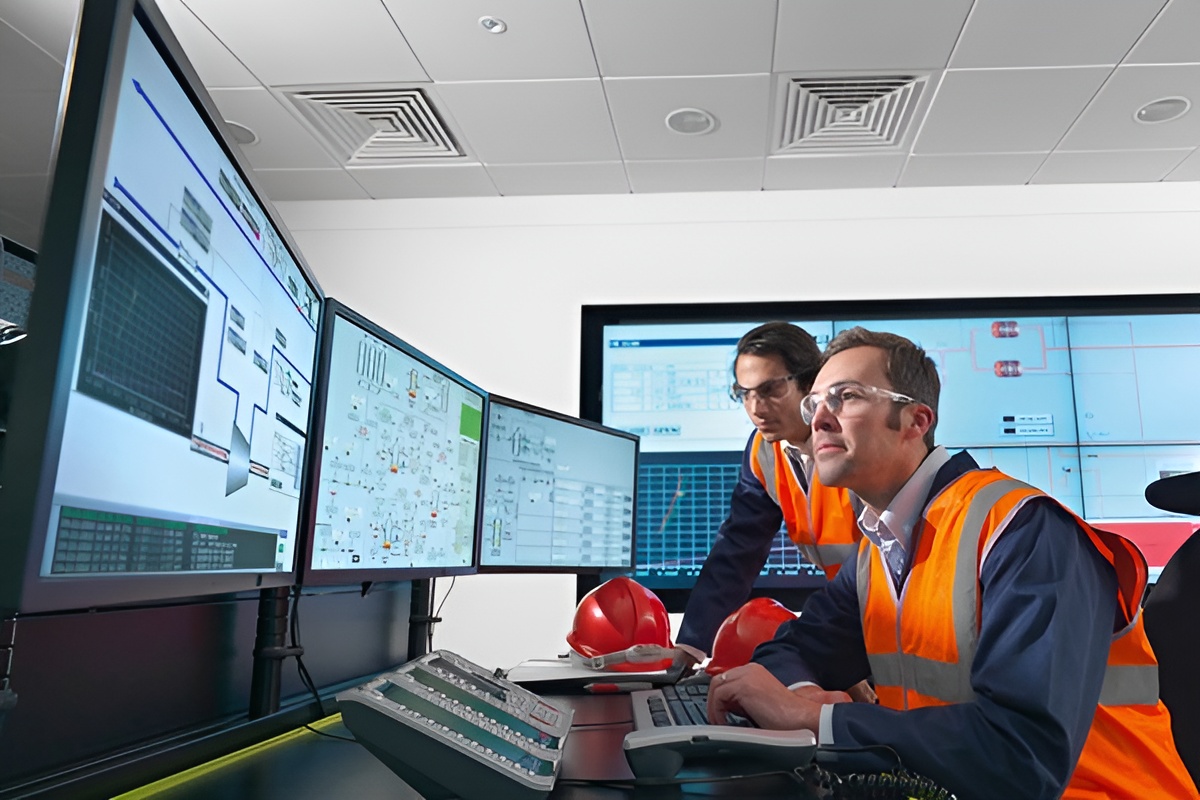
Smart Facilities Management
- Innovate in building automation systems, energy management, and maintenance technologies.
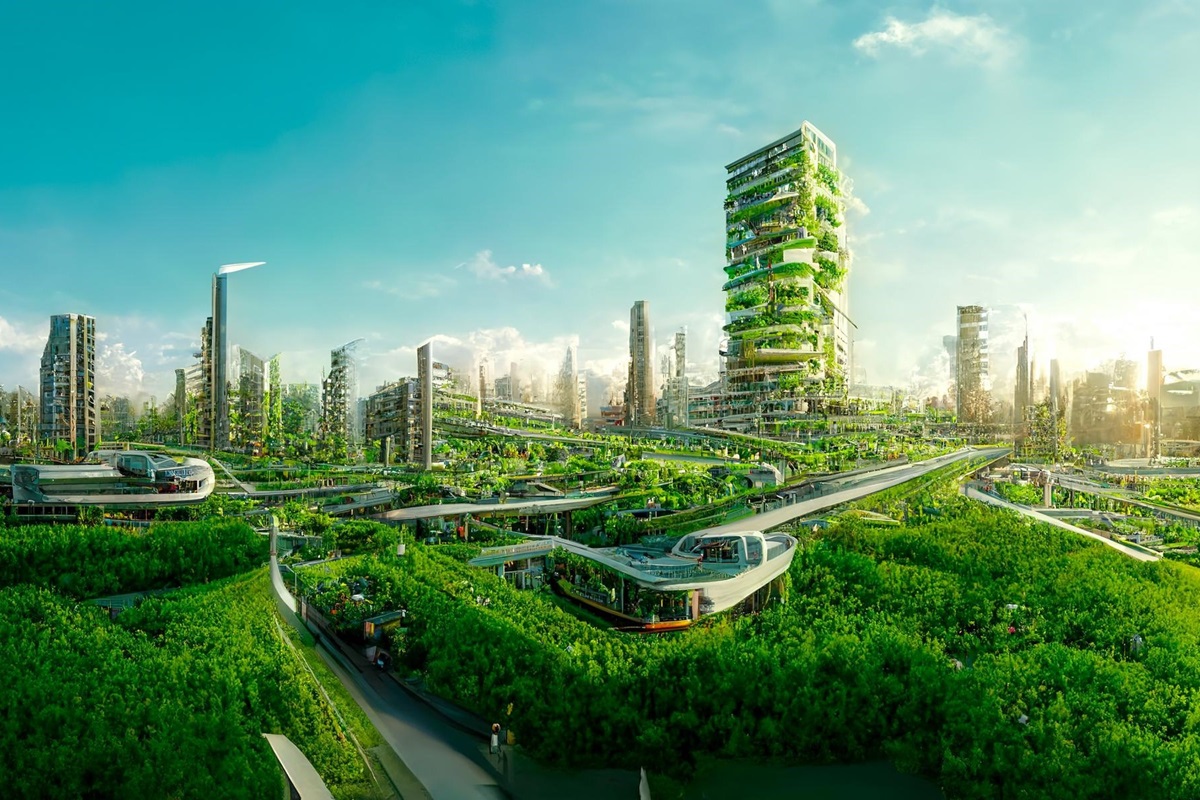
Urban Green Spaces Innovation
- Develop sustainable landscaping, urban parks, and green rooftops.

Sustainable Construction Innovation
- Advance in green building materials, sustainable architecture, and construction methods.

Smart Home Technology
- Develop home automation systems focusing on energy efficiency and sustainability.

Productive Office Environment
- Innovate in smart office designs that optimise energy use and worker well-being.

Sustainable Hospitality Innovation
- Develop green technologies for the hotel industry, focusing on sustainability and efficiency.
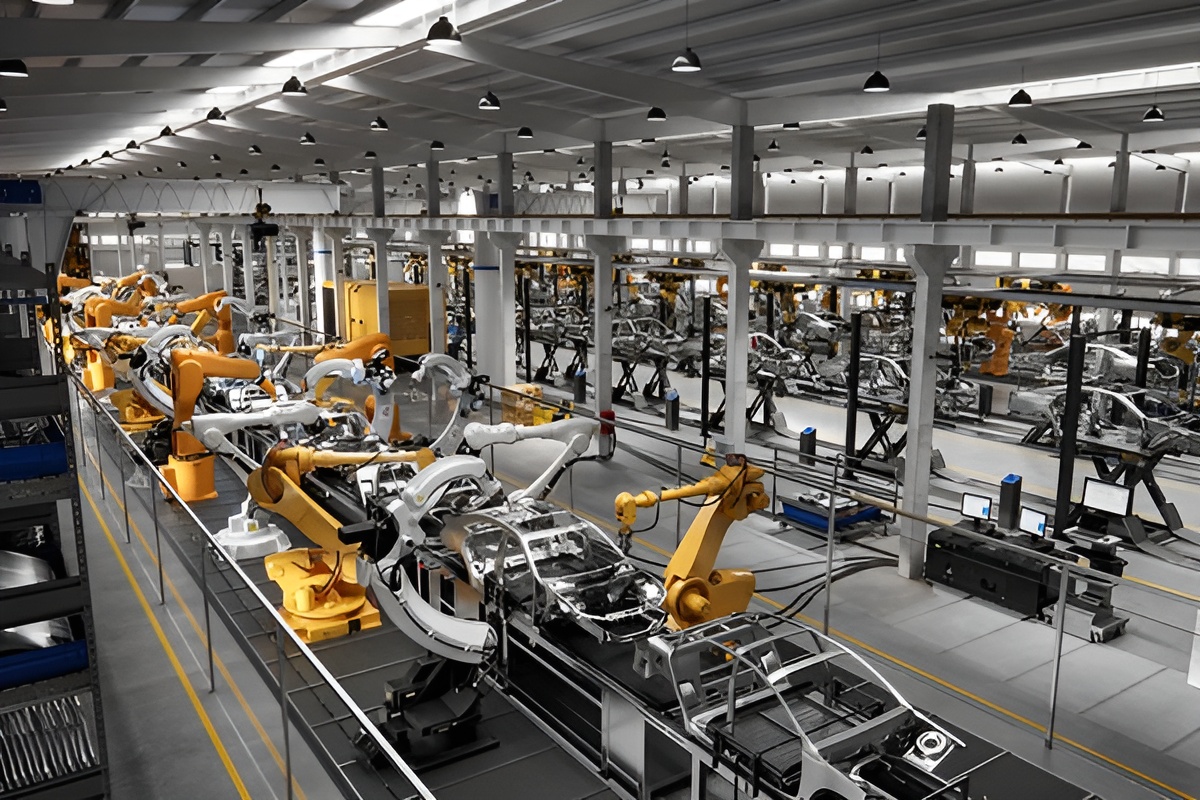
Green Manufacturing Innovation
- Implement eco-friendly manufacturing practices and technologies.

Health and Wellness Innovation
- Innovate in telehealth, eco-friendly healthcare facilities, and patient-centric technologies.

Sustainable Logistics
- Advance in green supply chain management, and sustainable warehousing and distribution technologies.

Eco-friendly Business Practices
- Develop sustainable business models and practices for reducing environmental impact.

Sustainable Finance Innovation
- Focus on green investments, sustainable banking practices, and funding for green projects.

Educational Technology for Sustainability
- Develop educational tools that promote environmental awareness and sustainability skills.

Sports and Recreation Sustainability
- Innovate in the design and management of sustainable sports facilities.
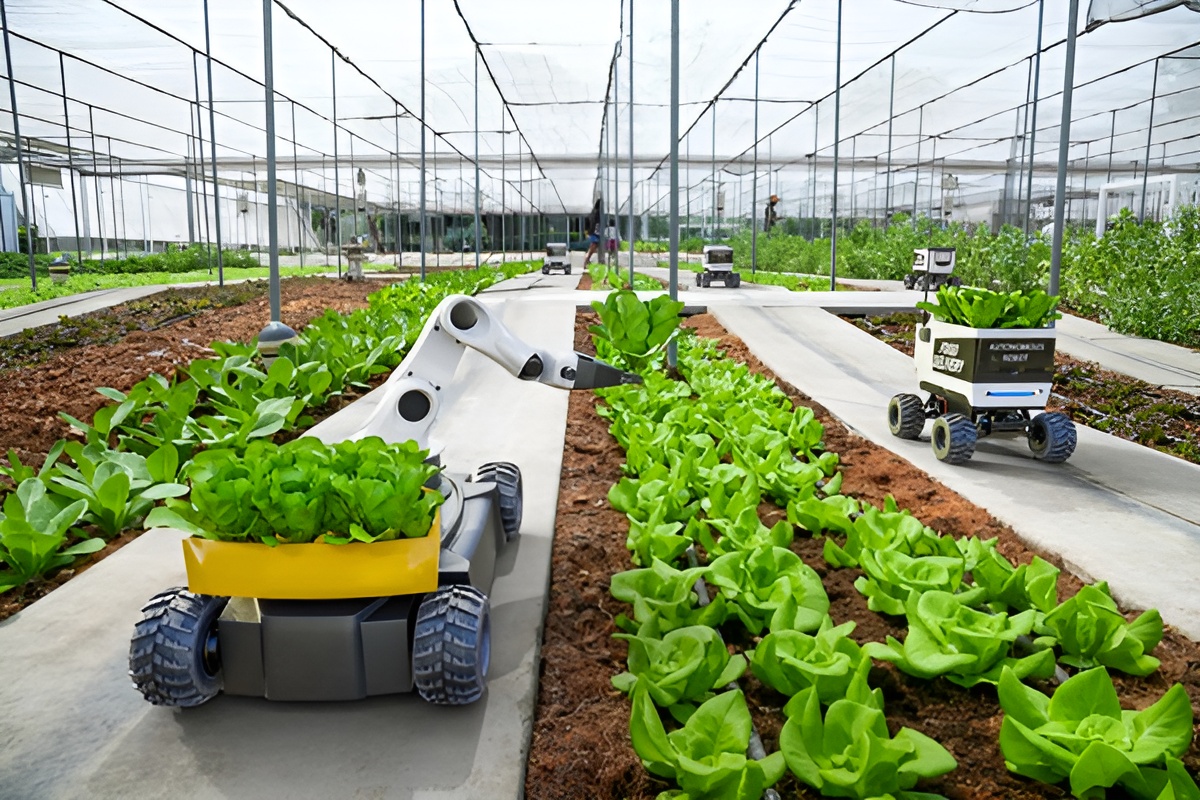
Agricultural Technology and Sustainability
- Advance in precision agriculture, sustainable farming practices, and agro-tech.

Sustainable Tourism Development
- Innovate in eco-tourism, sustainable travel practices, and conservation-focused tourist experiences.

Green Entertainment Technologies
- Develop sustainable practices in the entertainment industry, focusing on digital and virtual platforms.
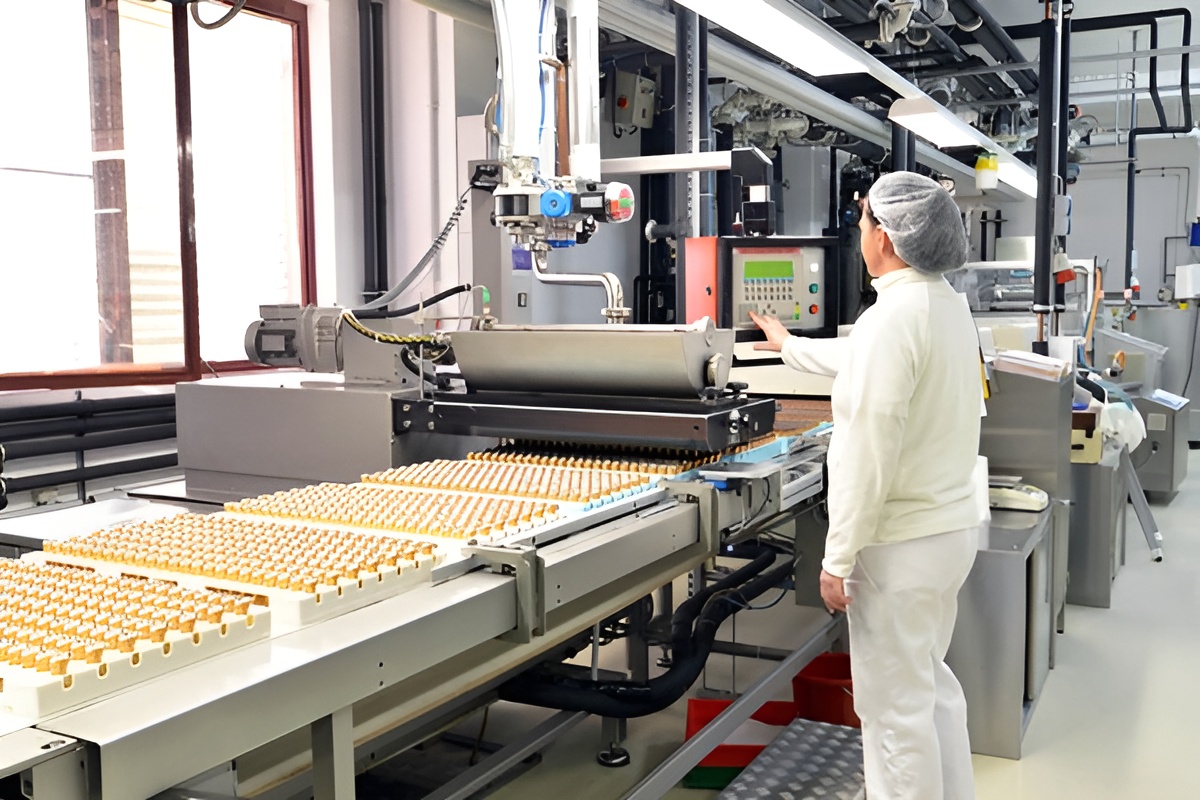
Sustainable Food Systems Innovation
- Focus on sustainable food production, processing, and distribution technologies.

Cultural Heritage and Sustainability
- Promote the integration of cultural heritage with sustainable practices.

Recycling and Circular Economy
- Innovate in recycling technologies, waste reduction, and circular economy models.

Artificial Intelligence for Sustainability
- Develop AI solutions that address environmental challenges and promote sustainability.
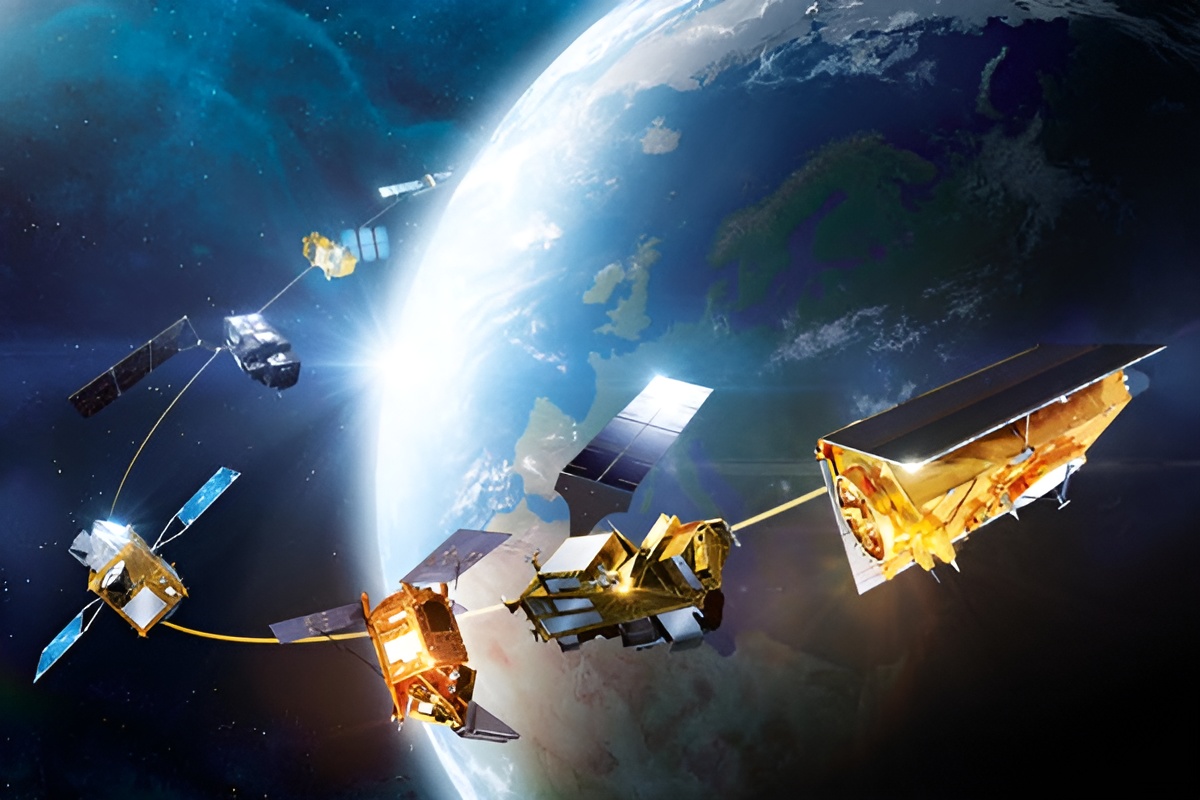
Space Technologies for Earth Observation
- Focus on satellite technologies for environmental monitoring and management.
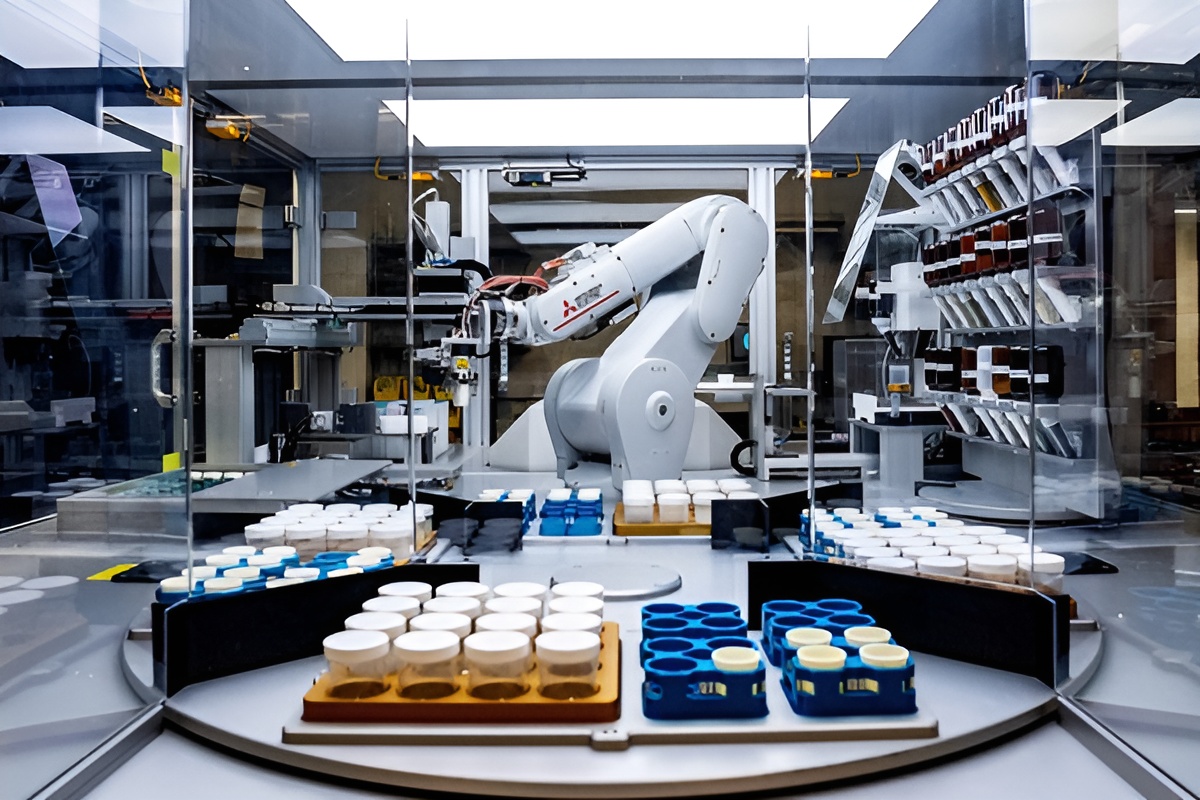
Innovative Materials Development
- Develop new, sustainable materials for various industrial applications.
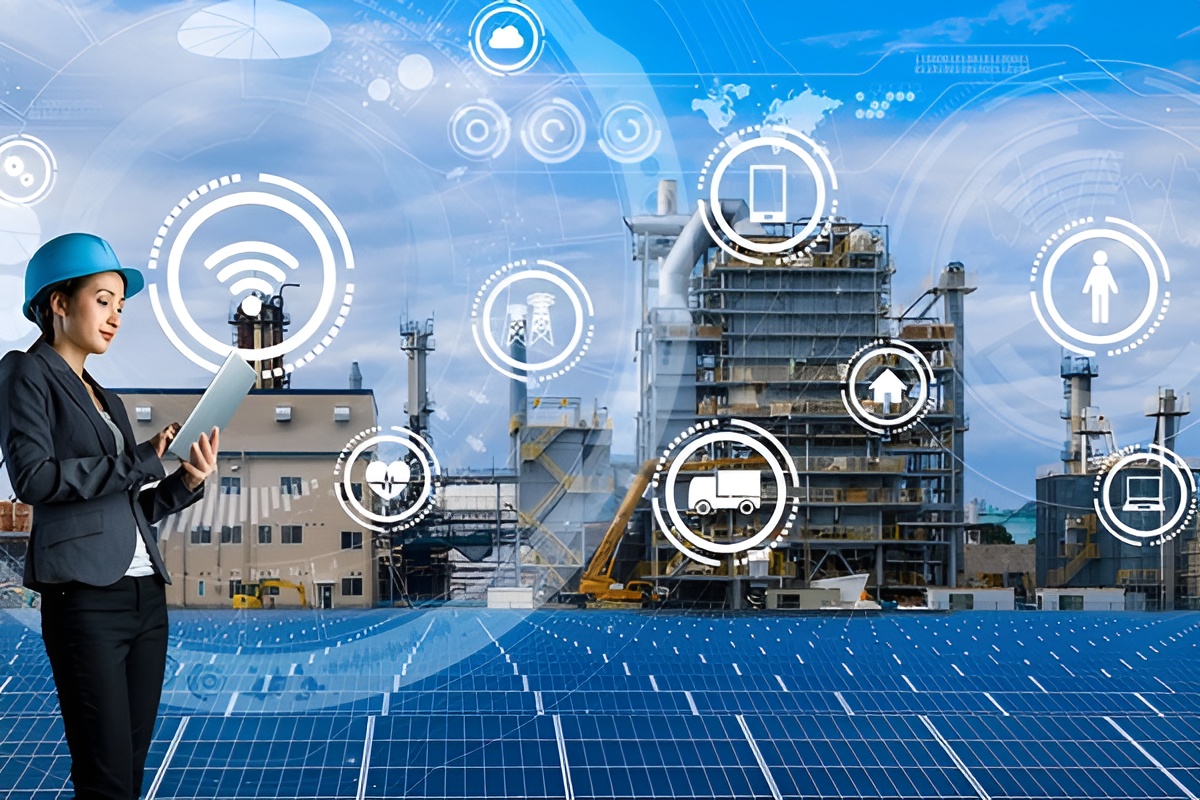
Internet of Things for Sustainability
- Use IoT to enhance environmental monitoring, resource management, and infrastructure.
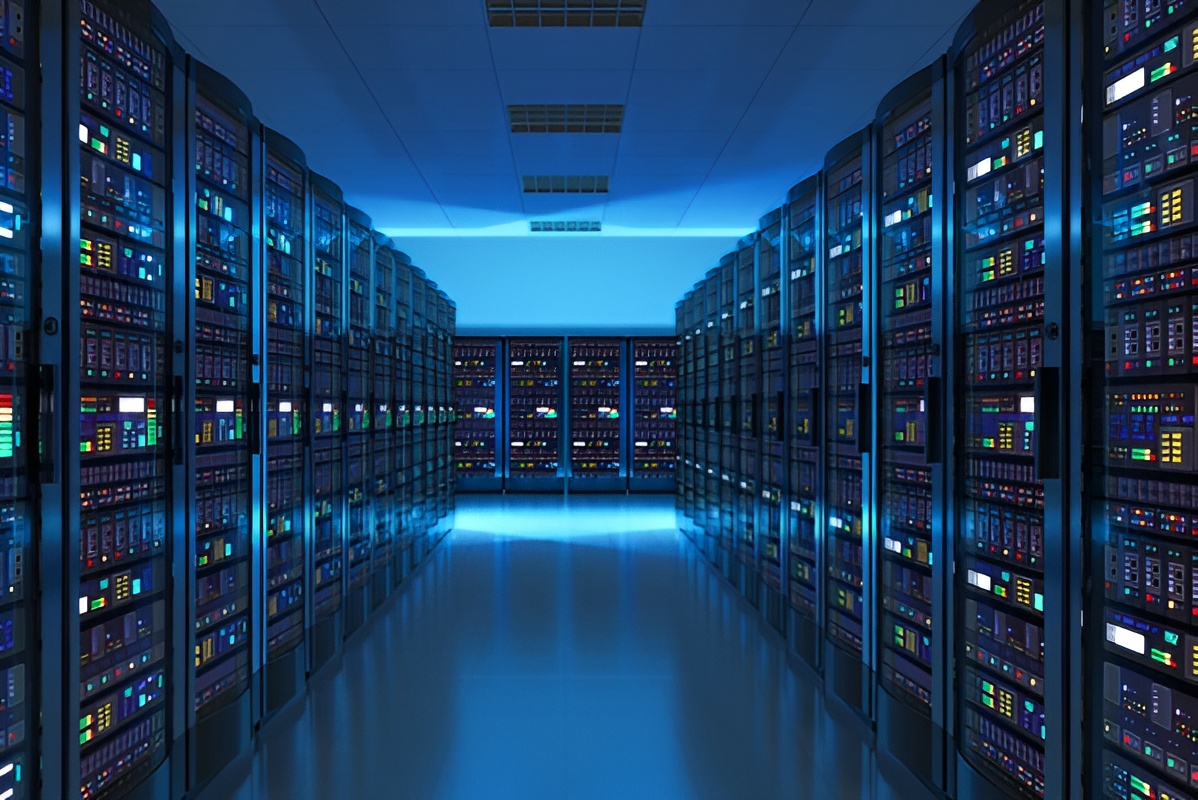
Green Cloud Computing
- Develop energy-efficient cloud technologies and green data center operations.

Sustainable Big Data Analysis
- Utilise big data for sustainable decision making and environmental monitoring.

